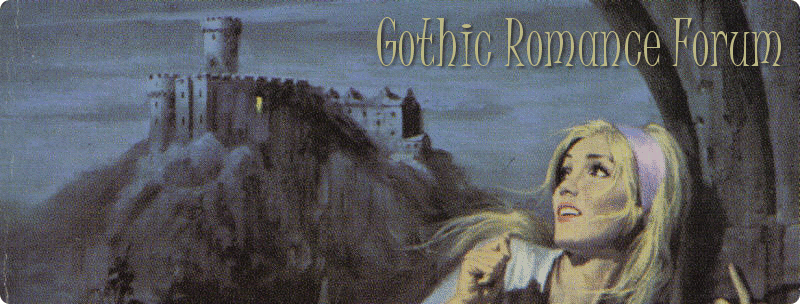04-24-2012, 10:13 AM
(11-06-2011, 04:39 PM)Penfeather Wrote:(10-11-2011, 07:35 AM)Charybdis Wrote: The story gets interrupted several times when Gerard finds copies of ghost stories that somehow are connected to his life. His mother tells him that one of these ghost stories has become real, but which one? If this clue hadn't been given early on, I would have skipped over these little novellas altogether. They weren't badly written, of course, but I don't much care for ghost stories and in this case I wanted my focus to remain on Gerard and his penfriend. Now I had to pay attention and keep the relationships between the numerous fictitious and/or real people straight. It was very well done, but not really my cup of tea. So these boring parts have their influence on my verdict, a 7 out of 10, but readers who don't mind multiple stories and like ghost stories will no doubt give a much higher mark.
It just goes to show you how tastes differ. The interstitial ghost stories within the novel were, for me, the most enjoyable parts of the book. This is where Harwood really gets to spread his wings; he can write unapologetically in Victorian English whereas in the present-day parts of the novel he must temper the elegant, purple tone which comes most naturally to him. The "doll" story was weaker than the others, and seemingly less relevant, so I'll give you that. But otherwise the stories-within-the-story are where Harwood's heart is.
Where the story fell flat for me was in the ridiculous cop-out ending. Harwood is indeed a fine writer, but endings don't seem to be his strong suit (the same applies to his second novel, Séance).
I preferred The Seance myself; it seemed to hang together better, and the ending didn't annoy me like the Ghost Writer ending did. I did greatly enjoy the atmosphere of TGW, as well as the ghost-story interpolations.



